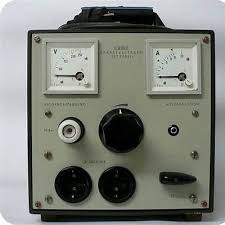Understanding Testosterone Replacement Therapy (TRT)

Introduction to TRT
Testosterone Replacement Therapy (TRT) has gained significant attention in recent years as more individuals, particularly older men, are seeking to address low testosterone levels. The importance of this topic lies in its impact on health and quality of life, especially as men age. TRT offers potential benefits but also comes with risks and considerations that must be carefully evaluated.
The Importance of Testosterone
Testosterone is a key hormone that plays a crucial role in men’s health, influencing everything from mood and energy levels to muscle mass and bone density. As men age, testosterone levels naturally decline, which can lead to symptoms such as fatigue, depression, and decreased libido. According to the NHS, testosterone levels generally peak in late adolescence and gradually decline from the age of 30.
Benefits of TRT
For men diagnosed with clinically low testosterone, TRT can provide several benefits. Studies have shown that TRT may:
- Improve mood and quality of life
- Increase bone density
- Boost muscle mass and strength
- Enhance libido and sexual function
- Reduce symptoms of fatigue
Despite these potential advantages, it is essential that TRT be administered under medical supervision to mitigate risks and monitor any side effects.
Risks and Considerations
While TRT can offer benefits, it is not without its risks. Possible side effects include:
- Increased risk of heart disease
- Sleep apnea
- Skin reactions
- Altered mood
- Potential for increased red blood cell count
Additionally, TRT is not suitable for everyone. Men with certain conditions, such as prostate cancer or severe sleep apnea, may be advised against undergoing therapy. Therefore, thorough evaluations including blood tests and consultations with healthcare providers are essential before starting TRT.
Conclusion
In conclusion, Testosterone Replacement Therapy represents a viable option for men dealing with symptoms related to low testosterone levels. It holds the potential for significant health improvements, but it is accompanied by risks that must be understood. As awareness around male health grows, the significance of TRT in enhancing quality of life for those affected by low testosterone cannot be underestimated. As always, it is advised for individuals to engage with healthcare professionals to make informed decisions regarding their health.
